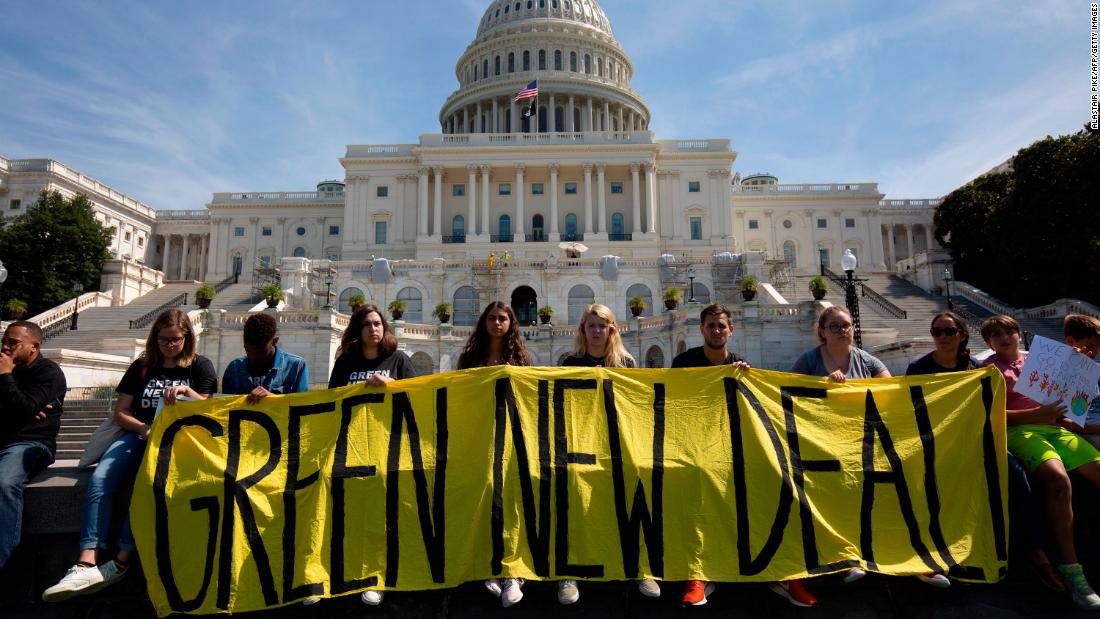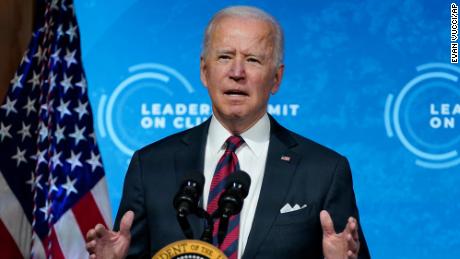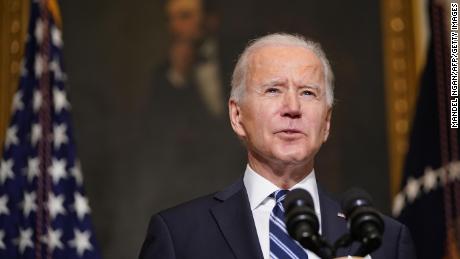Opinion: The key word missing from the climate movement
Still, that gives me pause.
We need to change that.
For sustained, long-term action — the kind needed to face down the threat of climate change — we need more than anger. Every one of us needs a sense of agency. We need a community of belonging. We need hope that our actions can make a difference. We need joy.
But I need joy. We all need joy. And it’s there for the taking.
When I began my journey toward climate awareness in college, I started to look for opportunities to align my values with my newfound knowledge. Shame of my staggering ignorance and profound guilt for my complicity in the status quo precipitated sweeping changes. I hung my laundry to dry, composted my food scraps, and took buses and rode bikes instead of driving my car.
Yet my efforts were untethered to anything deep or abiding. They were enacted through gritted teeth and done out of overwhelming obligation. My resolve soon began to slacken as burnout licked at the edges of my will.
Then I found a community that could transform my atomized acts of penance into collective offerings of joy. It happened slowly at first. In a 15-passenger van hurtling along a predawn interstate carrying new friends to the halls of Congress to fight mountaintop removal coal mining. In plant-based kitchen experiments with housemates and my one-day spouse, discovering new skills and appreciation for food at tables laden with flavor and love in equal measure. In shared celebrations of those rare and exhilarating policy successes — like convincing our Republican congressman to co-sponsor a measure that would tighten regulations on strip-mining — the products of our communal courage and conviction.
I began to notice a curious alchemy as I continued to plunge my hands into the earth and look my neighbors in the eye on the bus and cook new plant-based meals with friends. Guilt was slowly transforming into gratitude, despair into joy.
Right now, the climate movement has a once-in-a-generation opportunity to hold out that same invitation to joy and delight — to show what’s possible when we find common cause with people who share our desire to create millions of good-paying jobs and secure a healthier planet for all.
But I’m afraid it may be squandered. I’m afraid that this window of political opportunity, decades in the making, will lure climate activists (myself included) into an urgency trap from which we won’t escape. I’m afraid we’ll forget to keep cultivating communities of belonging. I’m afraid we’ll stop telling stories — our own, each other’s, and of the better future we are striving to achieve. I’m afraid we will forget to attend to the work of joy.
When I think of the world my son is set to inherit, my stomach clenches. But even in those moments, I can find joy again when I think of the world we could all create, with enough political will and commitment to the common good. When I think about that world, and the millions of everyday people cultivating communities of belonging in order to dream it into being, my heart sings.
![]()






